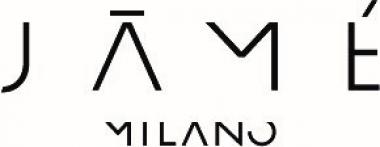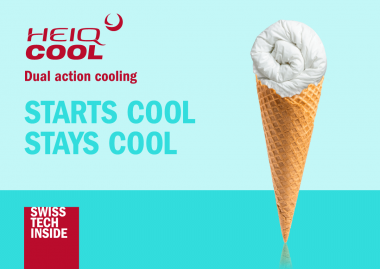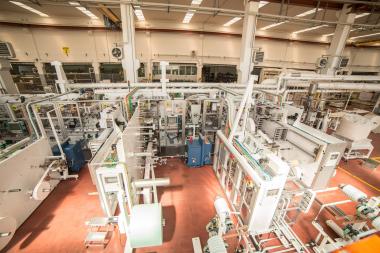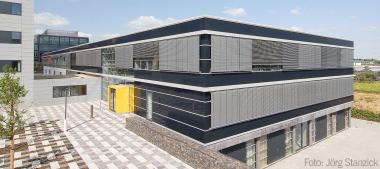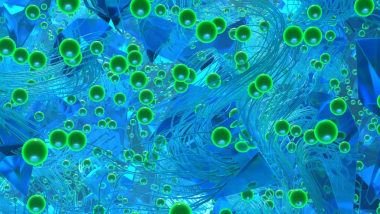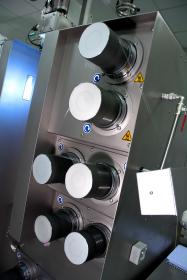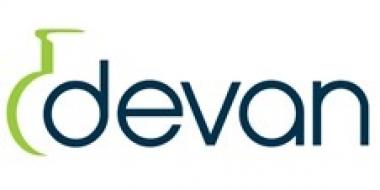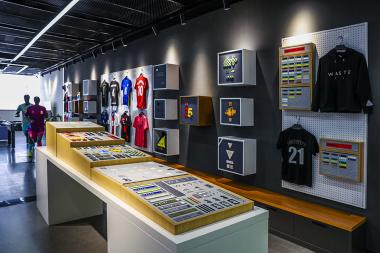Flocus ™ kapok nonwovens and fabrics for the leather goods and footwear
Flocus ™, the trademark for kapok fibers, offers a range of kapok textile materials such as fibers, yarns, textiles and nonwovens. The company presents the most performing and zero carbon footprint solutions based on Flocus™ kapok available for the leather goods industry, a sector that is making an important transition to sustainability in terms of processing and raw materials.
As for nonwoven, some of their most used products in the world of leatherware are:
- Maliwatt - 50% Kapok, 50% PLA (based on corn), a 100% biodegradable non-woven which can be used in the shoe sole. Maliwatt can be thermopressed/heat press and turned into a paper/cardboard type and lightweight structure. It is the perfect material for sneakers, casual and active shoes thanks to its quick dry, antibacterial, hydrophobic, hypoallergenic, Insulation properties. Other frequent applications are in the field of automotive, construction and car panels, sound absorption and acoustics panels and geo textiles.
- HDE /Hydroentanglement - 50% Kapok, 50% Organic cotton. It is a 100% natural and biodegradable material that can be used in the shoe production as a sole, intersole or as a padding for shoes and bags. Thanks to its termoregulating, lightweight, hypoallergenic, thermoconductivity, insulation, soft touch, hydrophobic, anti-moth anti mite properties, it is used for a large range of applications. It is popular in the apparel world as a cruelty free filling for winter jackets, replacing duck down, and in the home industry ad a stuffing for mattresses, duvets, furniture, sleeping bags.
The offer for the leather goods industry includes also Flocus™ kapok-based fabrics in different blends and weights: linings, coatings, fabric inserts, accessories, components rich in performance and style. For example, kapok and organic cotton with GOTS certification, kapok with Tencel and recycled polyester (Repreve), kapok with linen, organic cotton and a small percentage of Spandex.
These materials were presented at the September 2021 edition of Lineapelle in the exhibition "A New point of materials", dedicated to eco-responsible innovations in terms of technologies, applications, materials and machines.
Flocus








